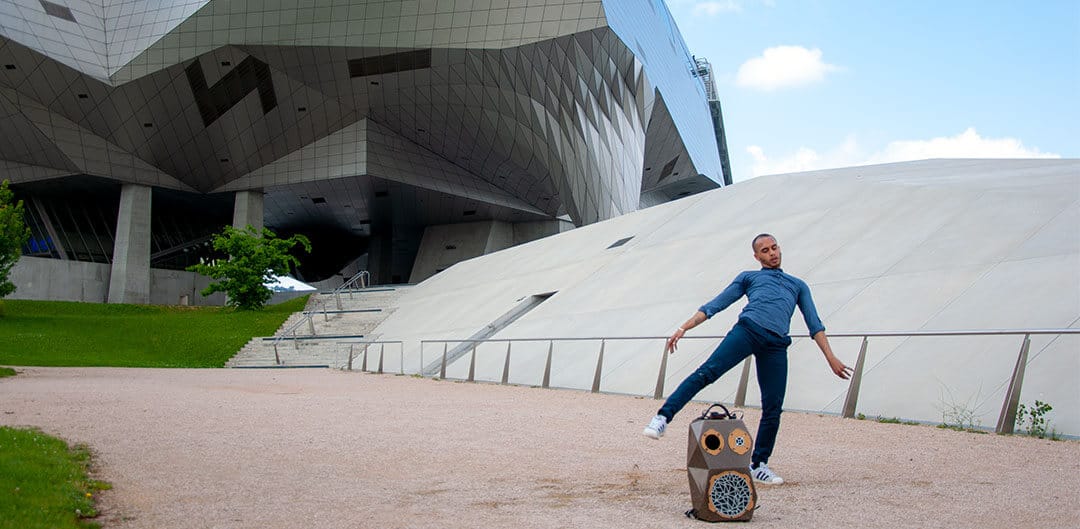READING TIME: 2 MIN
Singing, vibrating, dancing and relaxing are just some of the emotions and sensations that music brings us. We set out to understand the real impact of sound on our brains and bodies.
Here are some explanations!
Sound is a wave based on vibrations in the air. This is picked up by an organ called the ear. Before reaching the brain, sound passes through the outer ear, the middle ear and finally the inner ear. In the inner ear, the vibration is transformed into a complex electrical signal that the brain can understand.
Sound and the brain :
It's from this electrical signal that the brain creates sound. The brain analyzes all the information perceived by the ear. So we can distinguish between sounds of different origins. Music sends messages to the brain, which it interprets and translates into emotions. Rhythm, intensity, tonality and power all play a part in the different physical reactions.
Studies have shown that, depending on the music we listen to, the brain will boost our levels of the pleasure hormone dopamine, eliminate stress-related hormones or have the opposite effect by activating adrenalin. Music can also boost our endorphin or endogenous morphine levels, giving us a feeling of fullness and goose bumps.
Motivating music :
Take sports, for example: who hasn't noticed that physical performance varies according to the rhythm of the music?
Last but not least, music works our memory. So it's easy to sing along to old hits from the 90s that you'll never forget. Music can also help us concentrate (if there are no lyrics to distract our attention).
Sound and our bodies :
Sound vibrations resonate in our bodies to a greater or lesser extent, depending on the volume of the music, its pitch, its rhythm...
Our body is like an orchestra, with the beating of our heart, our breathing and our brain rhythms.
When sound waves reach our bodies (at a concert, for example), our inner orchestra is directly impacted. If the rhythm and frequencies of the music are too fast, this will have an energizing effect on our heart rate, as our body tries to join in and adapt. Conversely, if the music is in tune with our biological rhythm, we'll be in perfect harmony with the sound.
What do you say, we blow up the bass ??
Front photo: Ludovic Collura, professional dancer, Compagnie la Baraka.

